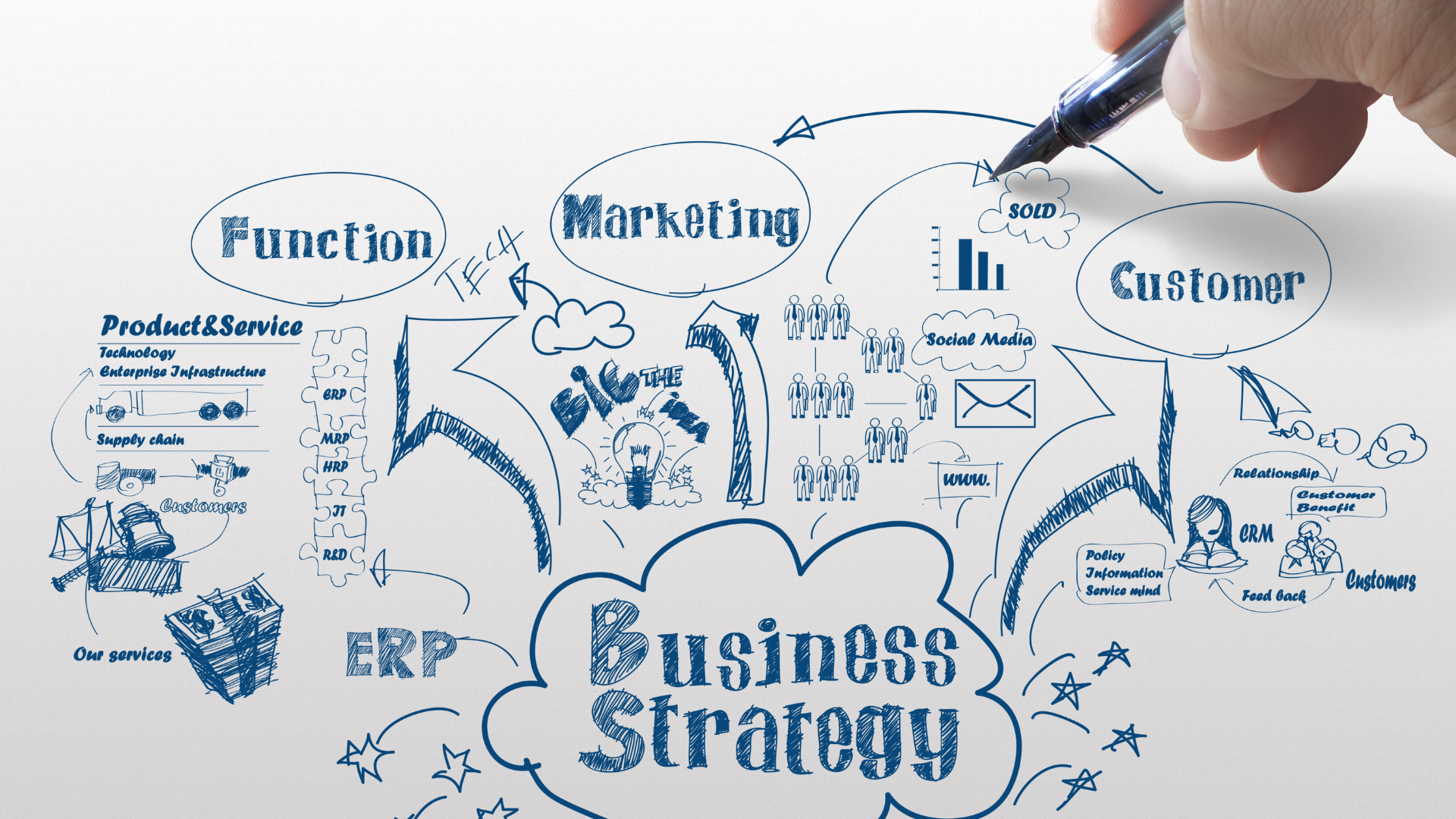
What Is Business Process Reengineering?
BPR is the action of changing an organization’s significant functions to increase efficiency, improve product quality, and decrease costs. It starts with an in-depth analysis of the business workflows and identifies critical areas that need improvement. Then, companies hire BPR specialists to facilitate transitions to more standardized processes.
It’s important to distinguish between BPR and business process improvement, which focuses on updating an organization’s current processes. On the other hand, BPR strives to make fundamental changes to the total scope of a business’ systems. There are BPR professionals in all kinds of industries, so the day-to-day duties vary from job to job. BPR helps organizations redefine their existing processes and redesign them to achieve exceptional results. Michael Hammer first introduced this idea to bring awareness to business owners that before improving the quality of customer service and reducing costs, you should reassess your processes and redesign them to fit the new objectives of the business. When contemplating an implementation of this kind, you need to decide which undertaking is first, the BPR or the ERP.
Often in many organizations, processes are not well documented, detailed or structured in a way that is easy to follow and understand. Employees tend to invent their methods and get things to work without caring much about the existing processes, but why? Not having an ERP makes it even harder to track those not following the procedures within the company… It makes it even harder always to perform that specific process the same way each time.

ERP Implementation or Business Process Reengineering: What Comes First?
Suppose the decision is to do the Business Process Reengineering first. In that case, this ensures the business processes are optimized before the software is configured and software functionality closely matches the actual process steps.
Business process reengineering optimization can also improve ERP implementation by including and configuring relevant software features and eliminating unnecessary ones. In addition, conducting a BPR exercise provides a common understanding of employee business processes and process documentation that can facilitate ERP education and implementation efforts.
By its very nature, implementing ERP business process software will require a review and adjustment of business processes to install and configure the software properly. While such a review and adjustment are not equivalent to BPR, it can accomplish some measure of process improvement. Moreover, it can do so more efficiently, cost-effectively, and with less prolonged personnel disruption.
Doing Business Process Reengineering independently, before an ERP business process implementation, can identify software modifications to make “the software fit the process.” Modifying a tightly integrated ERP system can complicate upgrades to future releases and diminish the valuable life and ROI of the overall ERP investment.
However, performing BPR in conjunction with an ERP implementation may not only be more cost-effective but may lead to a better result. For example, most ERP systems incorporate “best practices” within a specific industry or in general. As a result, ERP software may offer process alternatives not considered in the BPR exercise. Additionally, the ERP consultants employed to implement the software may provide process and industry expertise that was unavailable during a separately performed BPR exercise.
Top 5 Benefits of Business Process Reengineering
BPR is a considerable task that leaves many business leaders asking if the payoff is worth it. So here are the top five benefits of reengineering your business processes:

1. Clarity of Purpose
Except for a few high-profile processes that execute in line with business applications and occasional compliance-related ones, most organizations can neither describe nor have documented their processes from end-to-end. Therefore, to achieve a successful BPR implementation, the first step is to have a solid understanding of the current state of your business processes to ensure you are automating the right things – if that is your preferred result – while reducing the risk of future costly mistakes.
2. Simplified and Streamlined Operation
At the end of this project, the business will have a streamlined operation that has cut out redundant processes that previously slowed things down. The results will be efforts more directed toward organizational objectives whereby employees have a clear course to take, and customers will be much more satisfied with the service they receive.
3. Increased Efficiency
By stopping redundancy in your operations and tweaking your processes, things will move faster, be more productive and significantly increase overall efficiency.
4. Better Results and Products
Greater efficiency and focused goals allow you and your employees to put more energy into building relationships with your customers via streamlined, digitized processes. In addition, by building better lines of communication between cross-functional teams, information will move faster, making your business more resilient to changes in the market.
5. Maximized ROI
All the above benefits help maximize the ROI on your process improvement investment.

Conclusion
The software you select should align with your long-term goals and sustain your organization for the next five to ten years.
Unfortunately, numerous organizations evaluate ERP systems before taking the time to document their end-to-end processes and, more importantly, before considering redesigning their key processes to support their goals. Unfortunately, this doesn’t just slow down your employees but makes it challenging to retain your competitive advantage.
At BHC, Our ERP consulting team can help you plan and improve your processes before ERP selection. Contact us below for a free consultation.





